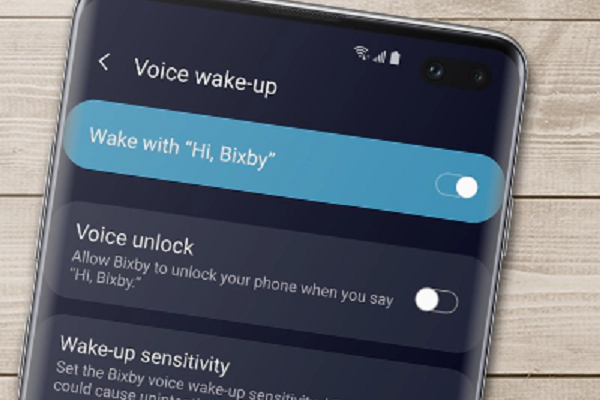Samsung to End Support for Bixby 1.0

Samsung is ending its support for Bixby Voice on Android 7.0 and 8.0 starting in January. The change in support is part of a larger effort to push users toward the Bixby 2.0 that came out with the Galaxy Note 9 smartphone last year.
Bixby 1.0 Says Goodbye
Several Samsung Galaxy smartphones will lose the voice assistant as part of the change. including several Galaxy and Galaxy Note models that came out before the Galaxy Note 9 unless they make the required update. Those who update their phone software to Android Pie 9.0 before the new year begins will still have access to Bixby Voice. Once users have made the update, they will be able to use the improved Bixby voice assistant. Bixby 2.0 is designed to be faster and more efficient at understanding human speech compared to its earlier iteration. That will make accessing and using Bixby’s skills, called capsules, go a lot quicker as well.
Along with the general efficiency and speed improvements, Bixby 2.0 has several other features that Samsung is likely hoping to highlight and encourage people to use as an alternative to Amazon Alexa or Google Assistant. For instance, the new version of Bixby offers advanced personalization that its rivals lack. Bixby can apply past usage and preferences into its system to set up defaults for generic requests like opening a specific ride-hailing app when asked to call a ride. Doing so makes it easier for users to pull up third-party abilities like they were created by Bixby, speeding the process of accessing those skills.
Third-Party Necessity
Third-party access is a crucial part of Bixby’s appeal. To bring up third-party capsules more quickly, Bixby uses Natural Langauge Categories. NLCs makes it possible for Bixby to recommend capsules based on requested categories. That opens up doors for third-party developers eager to get the name of their creation out there but have struggled with more traditional marketing. It also lets third-party capsules be run as part of Bixby, not requiring the user to always invoke the name of the third-party app separately. Bixby has around 15 categories that Bixby sorts requests into.
Of course, none of the hardware and software improvements and partnerships will mean anything if developers aren’t taking advantage of them. According to a speech by Samsung executive vice president of R&D Eui-Suk Chung in October, there are more than 160 million Samsung devices that can connect to Bixby. Meanwhile, the Bixby developer community doubled in just the last year. The exact number is still going to be far fewer than that offered by Alexa or Google Assistant at the moment. People with Samsung phones aren’t going to use Bixby over the other options available on the device without a good reason. Ending support for Bixby’s earlier form is a good way for Samsung to focus on developing Bixby in its current iteration even more.
Follow @voicebotai Follow @erichschwartz
Adam Cheyer of Samsung and Viv Labs Talks 25 Years of Voice Assistants – Voicebot Podcast Ep 109








